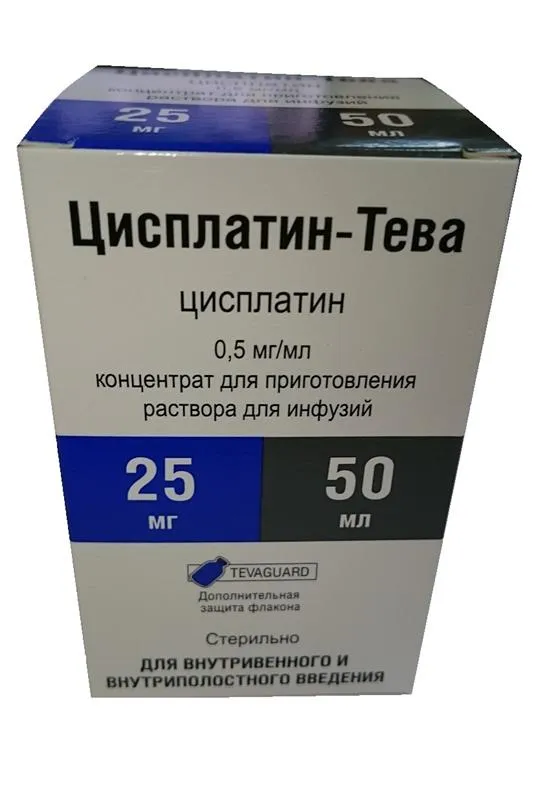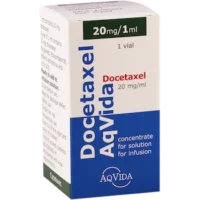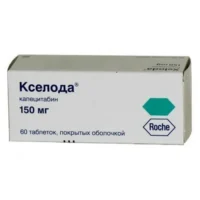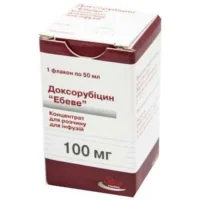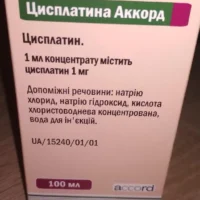Description
Cisplatin Concentrate for Infusions 0.5 mg/ml. 100 ml. (50 mg.) Vial №1
Ingredients:
Each ml contains 0.5 mg of Cisplatin as the active ingredient. Other ingredients include sodium chloride, hydrochloric acid, and water for injections.
Dosage:
The dosage of Cisplatin concentrate for infusions should be determined by a healthcare professional based on individual factors such as weight, overall health, and the type of cancer being treated. It is administered intravenously over a specific period as directed by a healthcare provider.
Indications:
Cisplatin is indicated for the treatment of various types of cancers, including testicular, ovarian, bladder, and lung cancers. It works by interfering with the growth of cancer cells, ultimately leading to their destruction.
Contraindications:
Do not use Cisplatin if you are allergic to platinum-containing compounds or any of the other ingredients in the product. It is important to inform your healthcare provider about any existing medical conditions or medications before starting treatment with Cisplatin.
Directions:
Cisplatin should only be administered by healthcare professionals experienced in chemotherapy treatments. The vial should be visually inspected for particulate matter or discoloration before use. It is essential to follow proper dilution and infusion protocols to minimize the risk of adverse reactions.
Scientific Evidence:
Cisplatin is a well-established chemotherapy drug with a proven track record in the treatment of various cancers. Studies have demonstrated its efficacy in both early and advanced stages of cancer, showing significant tumor regression and improved survival rates in patients. Research published in the Journal of Clinical Oncology has highlighted the role of Cisplatin in combination therapies for maximizing treatment outcomes.
Additional Information:
In addition to its antitumor effects, Cisplatin can cause side effects such as nausea, vomiting, and kidney damage. Close monitoring during treatment is crucial to manage these potential adverse reactions effectively. Patients should be advised on supportive care measures to alleviate treatment-related symptoms and improve their quality of life during therapy.
Pharmacologically, Cisplatin exerts its effects by forming cross-links with DNA, leading to the inhibition of DNA synthesis and ultimately triggering apoptosis in cancer cells. This mechanism of action makes it a valuable component in the treatment of solid tumors, particularly in combination regimens.
Clinical trials have shown Cisplatin to be comparable in efficacy to other platinum-based drugs like Carboplatin but with a distinct side effect profile. The choice between these agents often depends on the specific cancer type, patient characteristics, and the desired treatment outcomes.

